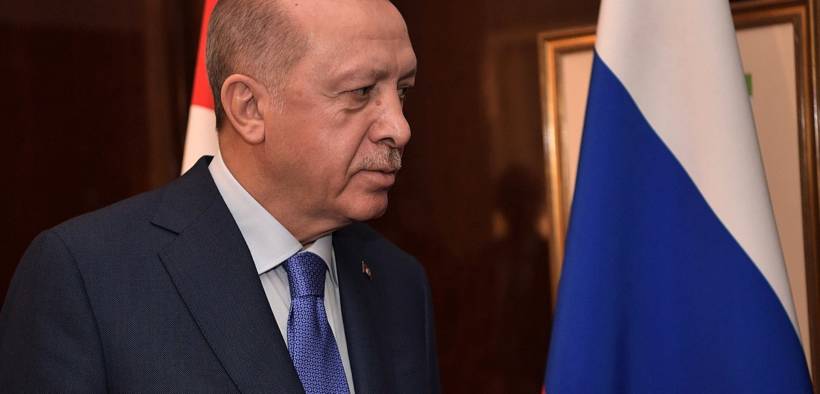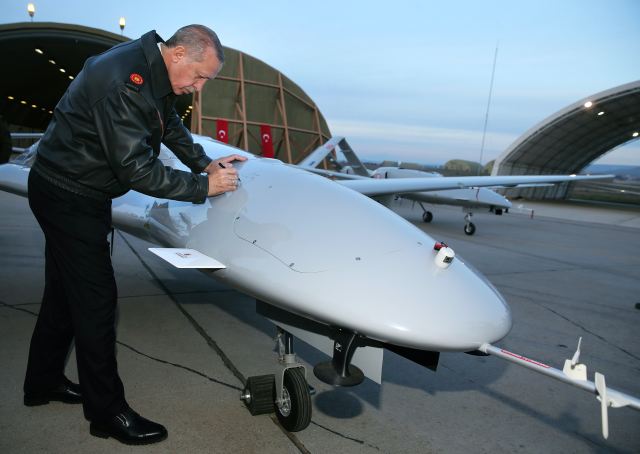Does Turkey Plan Revenge for Al-Watiya Attack?

On Monday, July 6th, Turkish Defense Ministry declared that it plans to conduct large-scale military exercises. The Turkish Air Force’s F-16 fighter jets and KC-135 Stratotankers will perform in-flight refueling over the Mediterranean Sea, the statement published by the ministry said.
The statement was followed by a sudden announcement of NAVTEX drills by the Turkish Naval Forces that are also supposed to take place in the Mediterranean. The maritime exercises will be conducted off the Libyan coast in three different regions and are designated to prepare the navy forces for a potential war and to “prove Turkey’s ability to control the region by air and sea.” Eight naval vessels and 17 warplanes will participate in the drills.
The goal, the location, and the timing of the Turkish exercises bear particular importance in regards to the recent incident at the Al-Watiya air base in Libya. Unidentified planes targeted the Turkish troops deployed to Al-Watiya on the night of July 4, damaging and destroying a number of the Turkish air defense systems positioned at the base. Officials of the Government of National Accord (GNA) blamed the allies of the Libyan National Army (LNA) for the attack. Spokesman for the Volcano of Rage operation carried out by the GNA forces Abdul-Malek Al-Madini claimed that the air strikes were executed by Dassault Mirage fighters belonging to the United Arab Emirates, a major ally of the LNA. The attack evidently caught Ankara by surprise and made the Turkish authorities consider an option of resorting to the use of force against the LNA and its allies.
The timing and the location of the drills provide Turkey with an opportunity to strike the LNA military assets of strategical importance in the area. Turkey wants to send a message to its adversaries and to demonstrate its resolve to use force to protect its troops in Libya, believes Egyptian military analyst Samir Ragheb. Indeed, during his recent visit to Tripoli Turkish Defense Minister Hulusi Akar met GNA officials and signed an agreement that granted Ankara the right of initiating direct military intervention in Libya and establishing military bases in the North African country.
Such provocative actions and statements are clear evidence of Turkey’s firm intent to use military force to achieve its goals in Libya. Should Ankara decide to strike the LNA, it will inevitably result in a new escalation of violence and will further exacerbate the already deteriorating security situation in the region.








